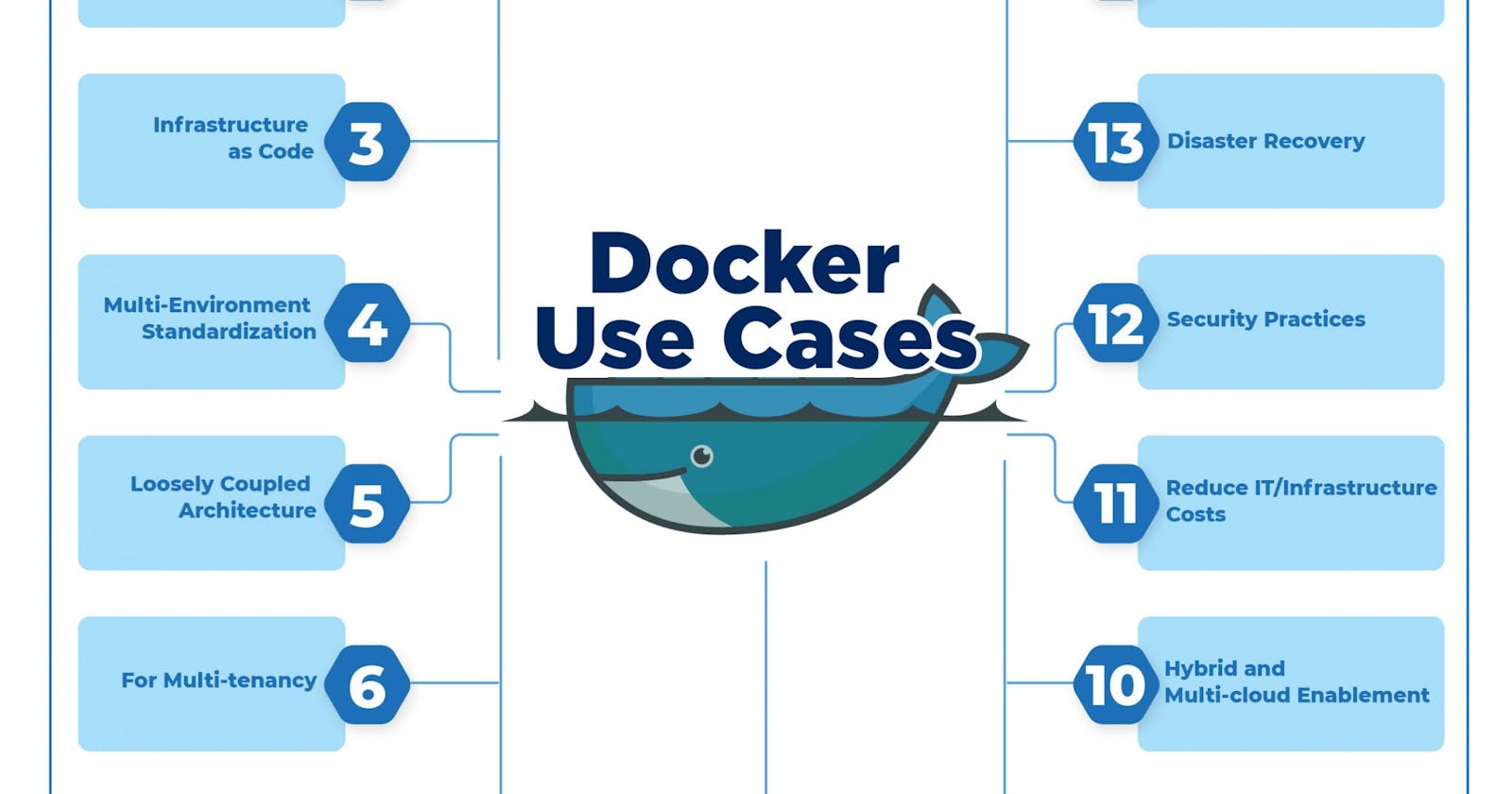1. Introduction to Docker: Streamlining Application Deployment
In today's fast-paced digital world, application deployment has become a crucial task for businesses of all sizes. Efficiently managing and distributing applications across different environments is essential for maintaining a competitive edge.
This is where Docker, a powerful containerization platform, comes into play. With Docker, you can simplify the application deployment process, increase scalability, and ensure consistency across various environments.
In this blog, we'll provide an introduction to Docker and explore its streaming application deployment capabilities in detail. So, let's dive in and uncover the world of Docker and its benefits for your business!
2. The Benefits of Using Docker in Your Development Process
Understanding Containers and their Benefits in Application Deployment
To understand Docker and its significance in application deployment, it is essential to grasp the concept of containers. Containers are lightweight, standalone executable packages that include everything needed to run an application, including the code, runtime, system tools, libraries, and settings. Unlike traditional virtual machines, containers do not require a separate operating system; instead, they share the host machine's OS kernel, making them more efficient and portable.
Now, let's explore the benefits containers bring to the application deployment process:
1. Portability: Containers package applications and their dependencies into a single unit, making them highly portable across different environments. This portability allows developers to build applications once and run them anywhere, reducing compatibility issues and streamlining deployment.
2. Scalability: With Docker, scaling applications becomes incredibly efficient. Containers can be easily replicated and deployed across multiple hosts, enabling horizontal scaling to handle increased workload demands. This flexibility ensures that your application can seamlessly grow with your user base.
3. Efficiency: Containers are lightweight and have minimal overhead, resulting in faster boot times and reduced resource consumption compared to traditional virtual machines. This efficiency translates into quicker deployment and improved performance for your applications.
4. Isolation: Containers provide an additional layer of isolation between applications and the host operating system. This isolation ensures that any issues or vulnerabilities within one container do not affect the other containers or the host system, enhancing security and stability.
5. Consistency: Docker enables consistent deployment by packaging applications and their dependencies in a standardized manner. This consistency eliminates the "Works on my machine" problem and ensures that applications run the same way in various environments, from development to production.
6. DevOps Collaboration: Docker promotes collaboration between developers and operations teams by providing a standardized environment for both. Developers can package their applications into containers, which can then be easily deployed by operations teams without conflicts or compatibility issues. This collaboration streamlines the deployment process and fosters efficient DevOps practices.
In conclusion, Docker's containerization technology revolutionizes the application deployment process. By offering portability, scalability, efficiency, isolation, consistency, and fostering collaboration, Docker empowers businesses to streamline their deployment pipelines, reduce costs, and deliver applications faster, ultimately gaining a competitive edge in the fast-paced digital world.
